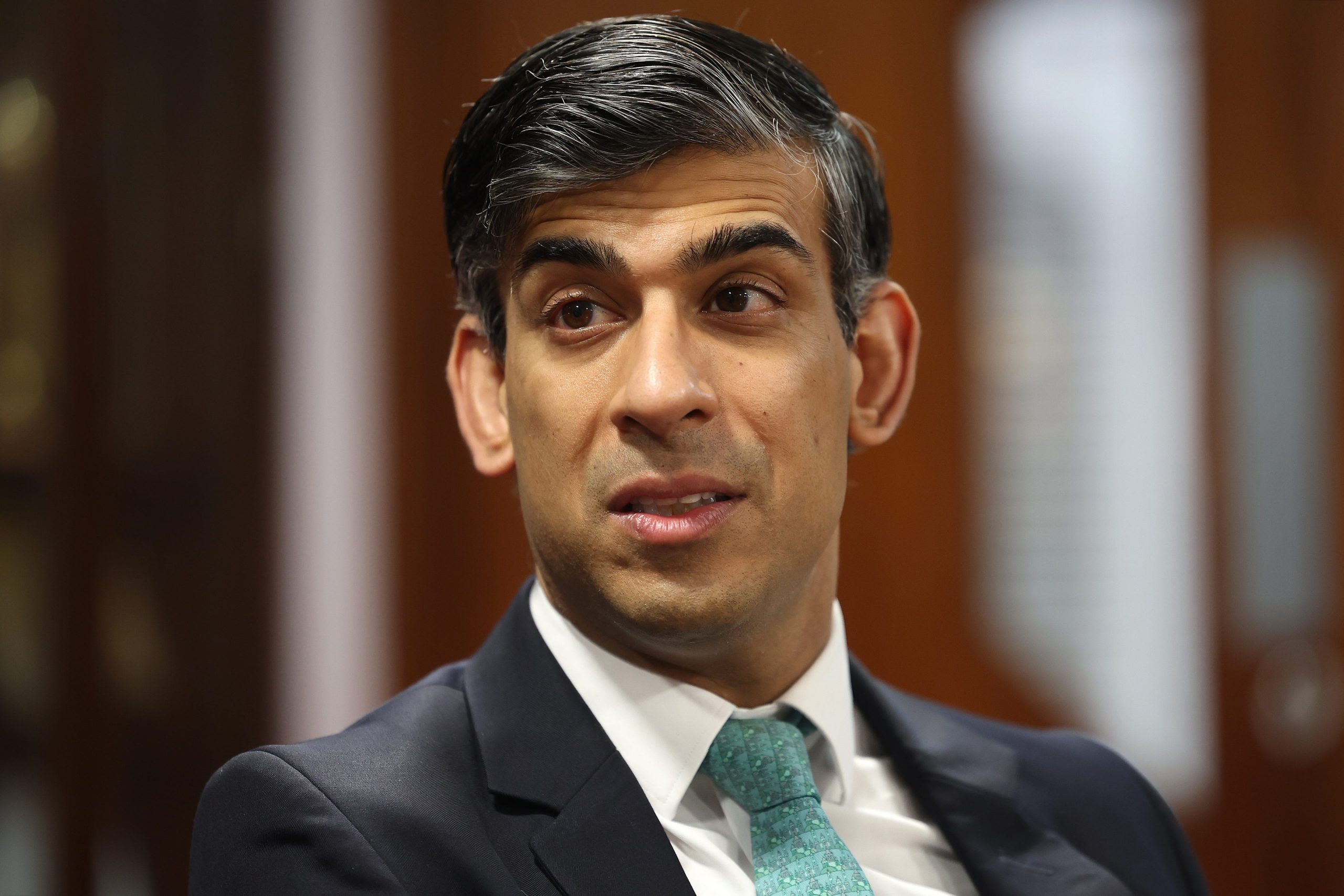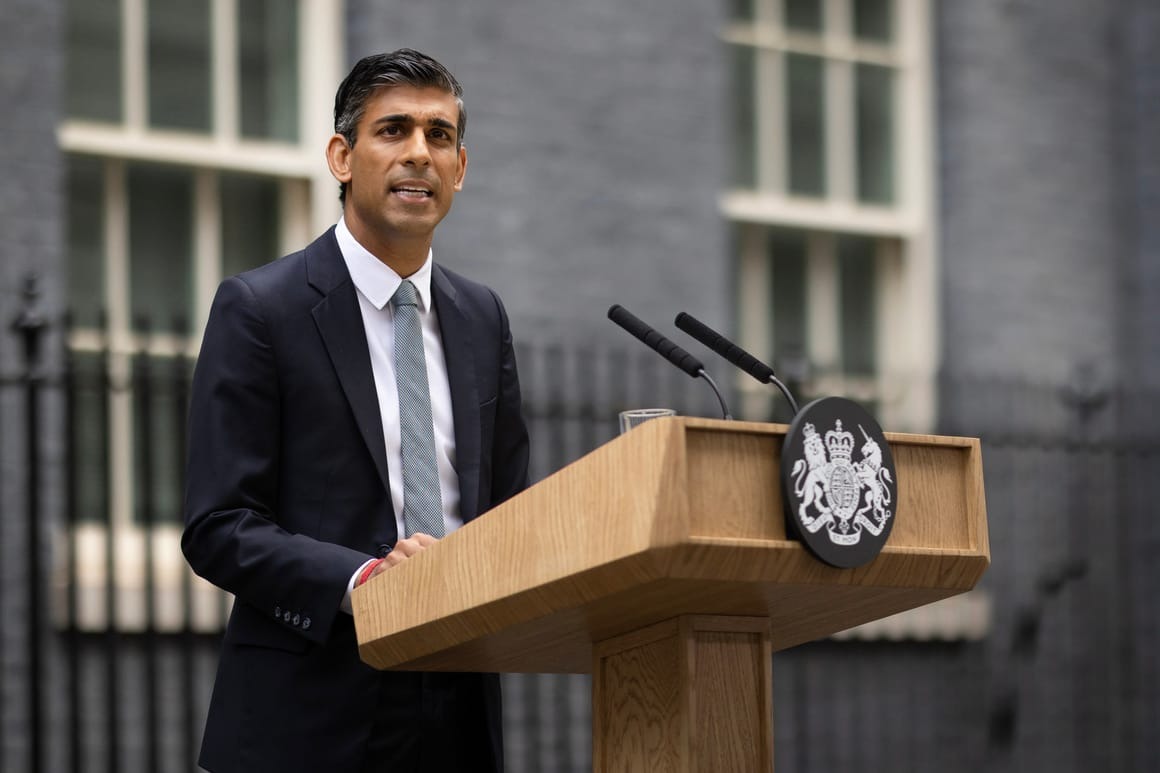The recent electoral setbacks for Rishi Sunak‘s government underscore a broader discontent among voters with the Conservative Party’s policies and leadership. Despite Sunak’s attempts to highlight initiatives like the Rwanda deportation plan, voters remain unconvinced by such measures in the face of systemic challenges and failures.
The electoral defeats suffered by the Conservatives, including their worst local election performance since 1996, reflect a loss of confidence among voters. The erosion of the welfare safety net, underfunding of public services, and the economic impact of Brexit have contributed to a sense of disillusionment with the government’s priorities.

Sunak (Credits: The Independent)
Keir Starmer’s Labour Party has seen positive results in areas where it needs to perform well to win a general election, indicating a resurgence in support. The party’s success in regions that voted leave in 2019 and its victory in key mayoral contests demonstrate growing strength in traditionally Conservative-leaning areas.
However, Labour’s gains have not been universal, with some losses to other parties like the Greens and independents. These losses may signal underlying tensions within the left, particularly regarding issues like foreign policy and divisions over Israel.

British Prime Minister Rishi Sunak (Credits: Politico)
The election results suggest that voters are rejecting the Conservative government’s narrative of competence and prosperity, especially after years of unfulfilled promises and policy failures.
As pressure mounts on Sunak’s leadership, calls for a general election grow louder, with many questioning the viability of the current government in addressing the nation’s challenges.


























